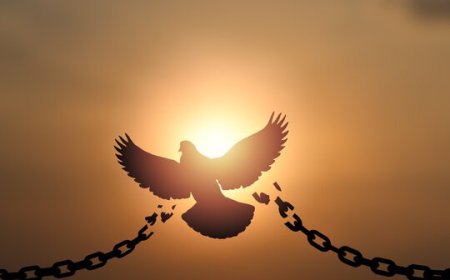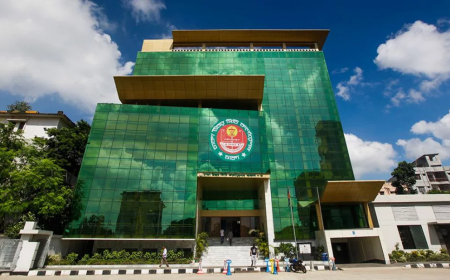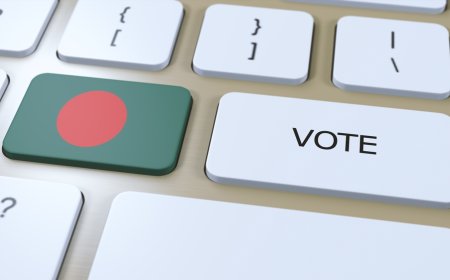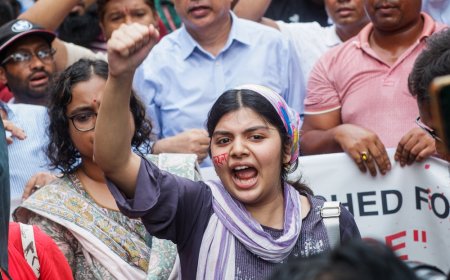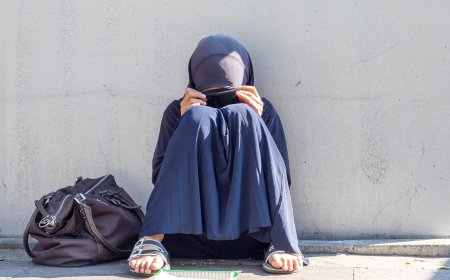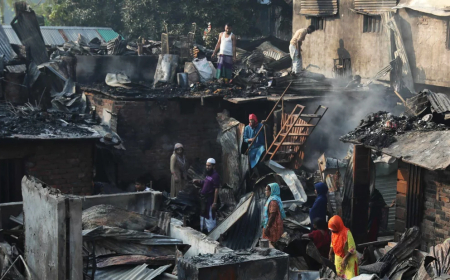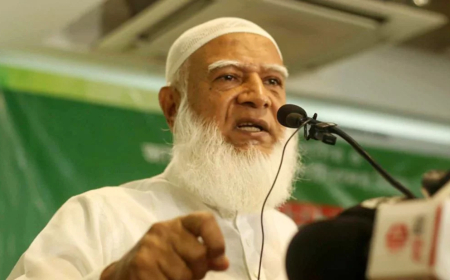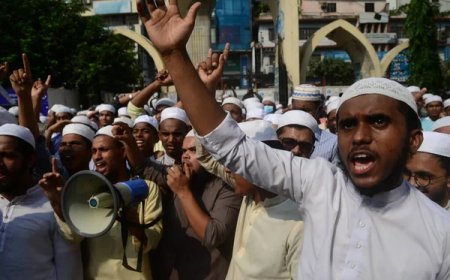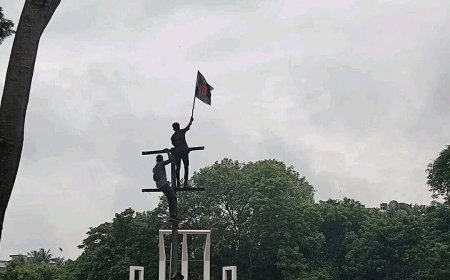Breaking the Establishment: The Politics Behind Mamdani’s Rise
Tonight, Mamdani’s victory isn’t just his. It belongs to every person ever told you’re too different, too foreign, too inconvenient to lead. It belongs to those who were silenced, sidelined, written out of the script by those who claim to define “electability.”
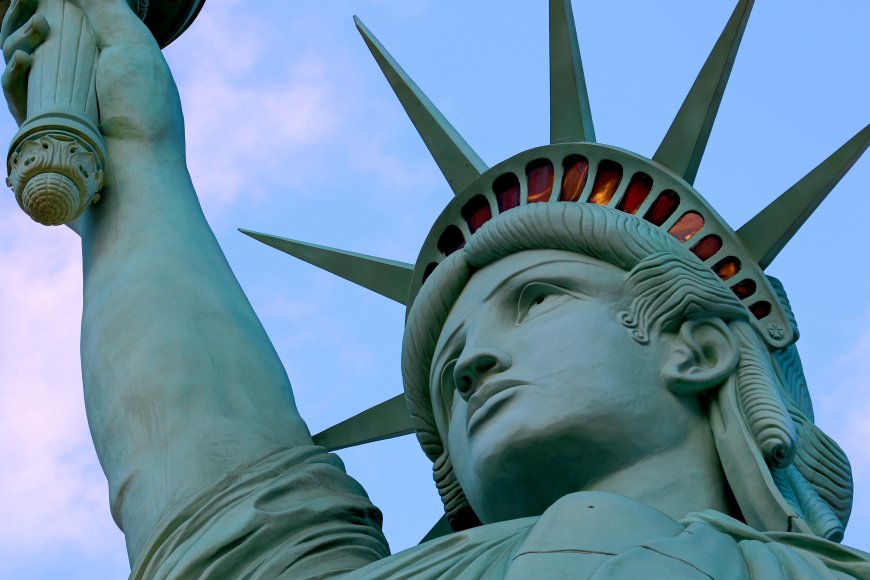
I’ve never lived in New York City, but I’ve walked its streets so many times that the city's roads feel as familiar as my own.
My first encounter with America came through the fluorescent corridors of JFK Airport. From then on, New York became my compass -- bold, beautiful, and brutal. A city where ambition is oxygen and your identity is always on trial.
I arrived in 2001, mere weeks before September 11. By November, the illusion of safety had cracked. I remember driving down the FDR and seeing a man in the next lane spit at our car and flip us off, only because my friend’s wife wore a hijab.
That was my introduction to the “new normal” in America: open hostility, casual hate, Islamophobia wrapped in the language of patriotism, even in supposedly progressive New York.
So when what just happened in this city finally happened, it felt like more than a political shift, it felt like a seismic moment.
Zohran Mamdani’s victory in the New York City mayoral race isn’t just a surprising win. It’s a rupture of every whispered warning and obvious barrier that’s told people like me: you don’t belong, not really. He secured 50.4 % of the vote, while his nearest rival, Andrew Cuomo, got 41.6%, and Curtis Sliwa captured 7.1%.
It sends a message to the establishment: power isn’t destiny, and when identity is claimed unapologetically, it can be a force, not a liability.
For months I watched the panic build. I spoke to insiders, donors, party operatives. In January, they told me: “No Muslim can win New York -- this city is still haunted by 9/11.” In February: “No candidate with pro-Palestine leanings can win here -- this city has the largest Jewish population outside Israel.” In March, they mocked his social-media energy as noise that couldn’t turn into votes.
Meanwhile, Andrew Cuomo, former governor, son of a political dynasty, was treated like a prince whose coronation was in the bag. Big business, labor unions, media, everything lined up for him.
They said Mamdani had a ceiling: 5 percent. Maybe 10 if he was lucky. They were wrong.
The Rise of the Underdog
Mamdani’s victory is a reckoning. A reminder that New York’s myth of progressive exceptionalism has long been built on exclusions. And sometimes the underdog doesn’t just survive, he rewrites the rules.
Watching this from outside, I couldn’t help but think of my birthplace: Bangladesh. There too, political dynasties dominate. There too, religion is weaponized, identity policed. But in both places, the people have proven more imaginative and more courageous than the pundits.
Mamdani punctured the story we’ve been told for decades: that only certain people are electable, only certain lives acceptable. That myth is collapsing. Not just in New York.
At first glance, the comparison sounds wild, New York City and Dhaka? United States and Bangladesh? Different continents, systems, stakes. But scratch the surface and you see the parallels.
Numbers With Feeling
New York’s electorate is a kaleidoscope: 36 percent foreign-born, 85 percent citizens. Jews are roughly 11 percent of the population but often more than 20 percent of primary voters. Muslims, nearing 9 percent of the city, mostly first- or second-generation immigrants from South Asia, the Arab world, West Africa. Their politics lean progressive. Latino and Asian communities complete a coalition that mirrors the global majority. To win here, you must navigate complexity -- race, faith, class, history.
And yet once again the establishment treated the race as if it were pre-written: Cuomo named, endorsements stacked, the machinery ready.
Now Mamdani has won. The numbers aren’t just statistics, they’re a triumph. They are proof that the stories people told about us, stories of “you don’t belong” were wrong.
The Global Echo
What happened here isn’t just local. In Bangladesh, too, business and media elites have pre-picked winners. They’ve engineered narratives, marginalized dissent, excluding those they deem unfit. Replace Cuomo with the Bangladesh Nationalist Party, New York with Dhaka, and you see the same script. Here, Mamdani was told: “You can’t criticize Israel.” There, dissenters told: “You can’t criticize India.” The logic is identical: dissent = disqualification.
Mamdani’s campaign proved otherwise: his was insurgent politics done right, data-driven, community-anchored, unabashed in its values.
He didn’t flinch. That, more than anything, is the takeaway: winning isn’t a gift handed down by power. It’s earned through organizing, clarity of message, moral conviction.
That lesson applies in Queens as much as it does in Dhaka.
Tonight, Mamdani’s victory isn’t just his. It belongs to every person ever told you’re too different, too foreign, too inconvenient to lead. It belongs to those who were silenced, sidelined, written out of the script by those who claim to define “electability.”
It’s a rebuke to the political class’s favorite myth: that early money, media muscle, and insider endorsements guarantee inevitability. They don’t.
In a real democracy there are no pre-ordained winners, only votes yet to be cast, voices yet to be heard.
Let us remember a verse from the Qur’an (Surah Al-Baqarah 2:249):
“How often has a small group overcome a mighty army by the will of God. And God is with the steadfast.”
Let that verse echo in New York. Let it echo in Bangladesh. Let it echo in the hearts of anyone ever told they’re too different to lead:
Your time is not a fantasy. It’s real. And it’s here.
Just don’t let them crown the winner before your vote is counted
Dr Mohammad Nakibur Rahman is a professor of Finance at the University of North Carolina and the US spokesperson for Jamaat-e-Islami Bangladesh.
What's Your Reaction?










